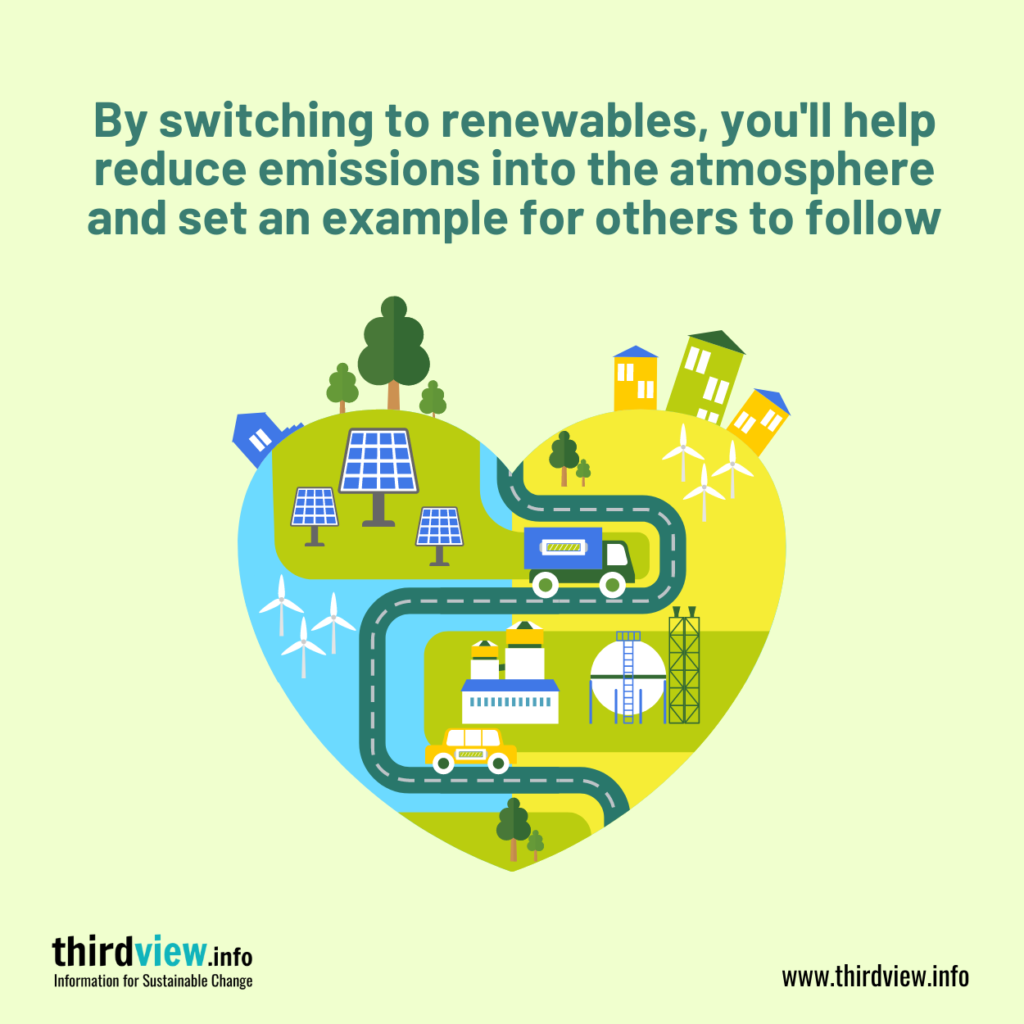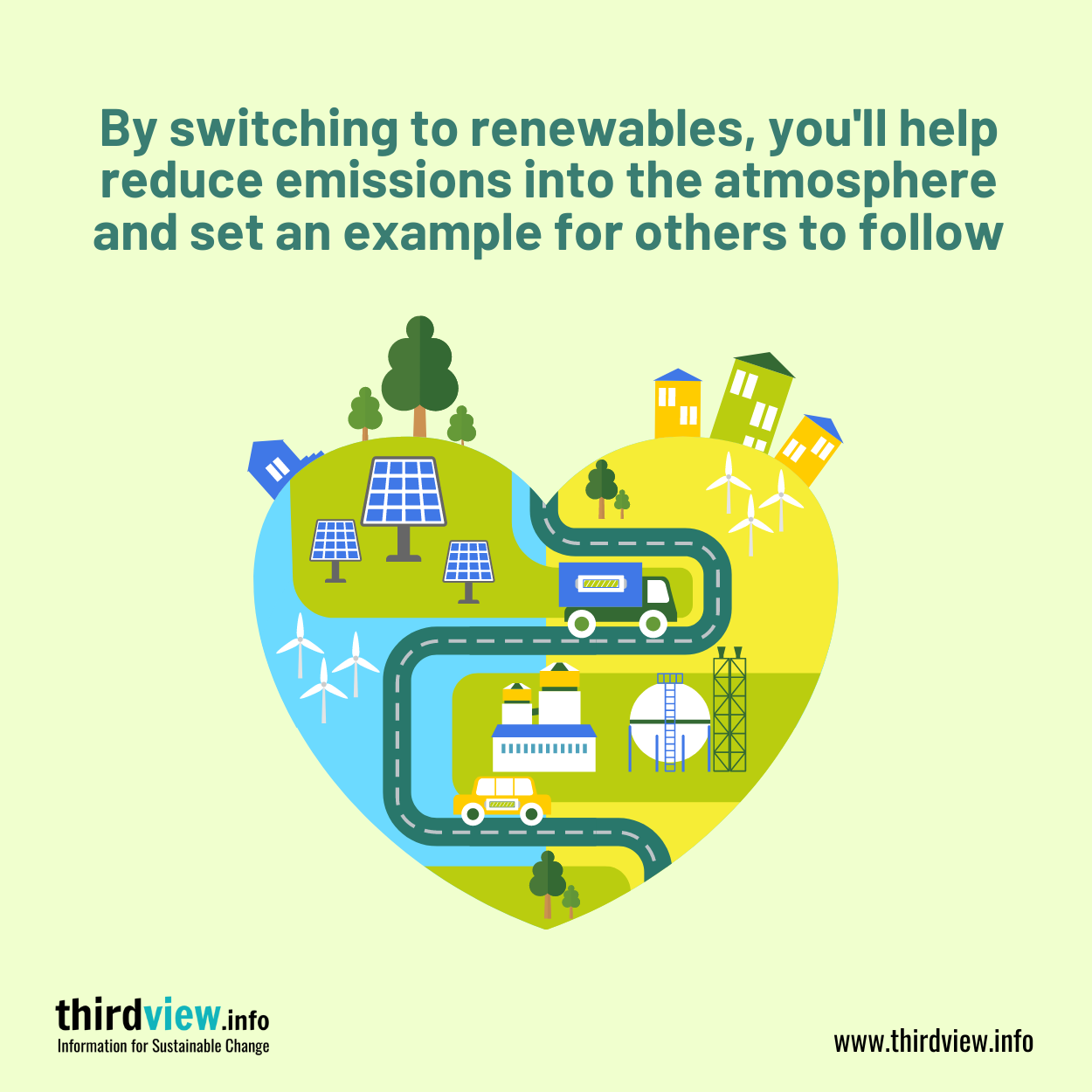It’s no secret that the global energy mix is changing, and households are starting to adopt renewable energy sources like solar and wind power. Switching to renewable energy sources has many benefits, from environmental protection to cost savings. Let’s take a deeper look at why it makes sense for households to switch to renewable energy sources.
Reduce Your Environmental Impact
The most obvious benefit of switching to renewable sources of energy for your household is that you can greatly reduce your carbon footprint. By making the switch, you will be reducing your reliance on fossil fuels and helping to reduce emissions into the atmosphere. This is especially important since current emissions levels are higher than ever before, leading to further climate change. Not only will you be helping the environment, but you’ll also be setting an example that others may follow.
Cost Savings
Switching to renewable energy sources can also save you money in the long run. Depending on where you live, there may be tax incentives or other financial benefits available if you switch over. Additionally, since these types of energy sources rely on natural resources like sunlight or wind instead of traditional fuel sources like petroleum, the cost of generating electricity from them may be lower in some areas as well. Moreover, since renewables don’t produce any pollutants during generation (as opposed to fossil fuels), they may help to reduce costs associated with air pollution control technology in certain markets too.
Reliability & Resilience
Finally, switching over to renewable sources for your household can provide greater reliability and resilience as well. Renewable energy systems are typically designed with built-in redundancy so that they can continue producing even if one system fails or needs maintenance – meaning less disruption and greater peace of mind for homeowners. Additionally, because these types of systems don’t rely on finite fuel supplies (like petrochemicals) they are less vulnerable to supply disruptions due to geopolitical instability or natural disasters than traditional fossil-fuel-based systems are – providing additional reliability and security benefits too.
Switching over to renewable energy sources for your household has many benefits; from reducing your environmental impact and saving money in the long run, all the way to increased reliability and resilience. If you’re considering making the switch yourself, make sure you do your research first – there may be tax incentives or other financial benefits available depending on where you live. All in all though, by making this move now more households can enjoy a cleaner future powered by clean renewables.


